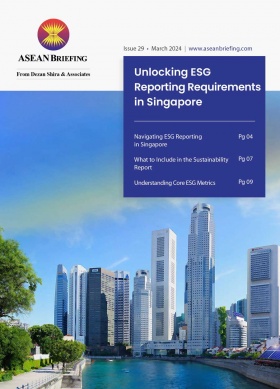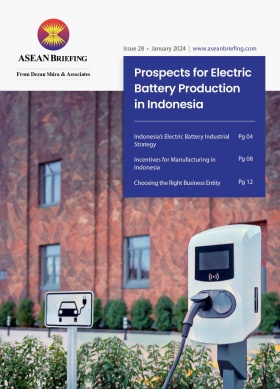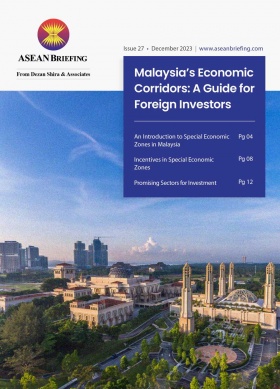Formalized Flexible Work Arrangements to Be Introduced in Singapore from December 2024
Singapore is set to implement new tripartite guidelines requiring all employers to have a formal process in place for workers to request flexible work arrangements, starting December 2024. This mandate aims to foster a more inclusive and adaptable workforce in response to Singapore’s tight labor market and the evolving needs of its aging population and those with caregiving responsibilities.
As part of the new guidelines, employers must review and respond to requests for flexible work arrangements—such as flexi-place, flexi-time, and flexi-load options—within two months, providing reasons if requests are declined. These measures are based on reasonable business grounds, such as cost implications or productivity concerns, ensuring that rejections are not based on personal biases against flexible working practices.
The initiative was introduced after comprehensive consultations involving stakeholders from various sectors, including businesses, trade associations, unions, and community organizations concerned with women, fathers, and senior citizens’ issues. The guidelines emphasize the importance of accommodating as many employees as possible while maintaining operational continuity and business viability.
This strategic move by Singapore’s government, which stops short of imposing legal requirements, reflects a progressive approach to employment practices. By focusing on enabling and equipping both employers and employees, the guidelines aim to facilitate the sustainable implementation of flexible work arrangements in a way that benefits all parties involved.
Minister of State for Manpower Gan Siow Huang highlighted the necessity of these guidelines, stating that flexible work arrangements are crucial for empowering all Singaporeans who wish to work, regardless of their personal circumstances. This approach not only supports individuals such as seniors and caregivers but also helps businesses attract and retain talent.
Moreover, the Tripartite Alliance for Fair and Progressive Employment Practices (TAFEP) will play a crucial role in ensuring compliance and educating employers about the guidelines. Businesses failing to comply may be required to attend corrective workshops, although the emphasis remains on guidance and support rather than punitive measures.
These guidelines are set to transform the workplace culture in Singapore by promoting flexibility, which has become increasingly important in today’s dynamic business environment. The expected outcome is a more resilient and diverse workforce capable of contributing to Singapore’s status as a competitive global business hub.
About Us
ASEAN Briefing is produced by Dezan Shira & Associates. The firm assists foreign investors throughout Asia and maintains offices throughout ASEAN, including in Singapore, Hanoi, Ho Chi Minh City, and Da Nang in Vietnam, in addition to Jakarta, in Indonesia. We also have partner firms in Malaysia, the Philippines, and Thailand as well as our practices in China and India. Please contact us at asean@dezshira.com or visit our website at www.dezshira.com.











